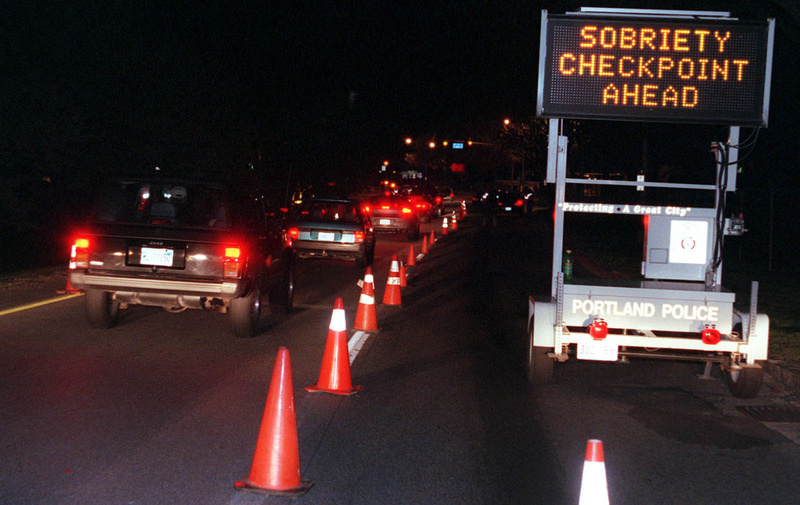About once a week, on average, someone is killed in Maine in a drunken-driving accident.
Sometimes it’s the driver, sometimes a passenger. Sometimes it’s someone whose only mistake was getting in the way of a driver with so little concern for his own or anyone else’s safety that he got behind the wheel when he shouldn’t.
Maine has made tremendous progress battling drunken driving, with stiffer penalties and public education efforts. In 1983 135 people died as a result of alcohol-involved crashes. Last year, it was 54, which is an improvement but still too high.
Lawmakers are planning to introduce new laws next year that will try to whittle the number of deaths down even further. One approach looks to Michigan, where a new “super drunk” law increases the penalties for first-time offenders who register twice the legal limit on a blood alcohol test.
The theory is that those drivers pose a greater public safety threat than more mildly inebriated drivers, and so should be taken off the road sooner.
To the extent that this is an attempt to address the hard-core drunk driver, Maine should take note. But lawmakers should also consider whether this is the best way to get at the problem.
Enhanced penalties are most effective in deterring people who are thinking rationally.
A social drinker is much less likely to get behind the wheel of a car when he knows that the cost of being arrested for operating under the influence far outweighs the benefit of driving home from a party.
But how much good do penalties do against people who think they can avoid being caught and are willing to take the risk?
A more effective strategy may be increased use of sobriety checkpoints, to give all drivers a reasonable expectation that they may not make it home even if their driving isn’t erratic.
The courts have found sobriety checkpoints to be constitutionally sound, although in some states they are barred by law. The only thing preventing their use in Maine is tight police budgets.
Checkpoints are labor-intensive and they don’t come for free (neither do longer jail sentences) but if their use could reduce the number of drunk driving fatalities, it would be worth the cost.
Send questions/comments to the editors.



Success. Please wait for the page to reload. If the page does not reload within 5 seconds, please refresh the page.
Enter your email and password to access comments.
Hi, to comment on stories you must . This profile is in addition to your subscription and website login.
Already have a commenting profile? .
Invalid username/password.
Please check your email to confirm and complete your registration.
Only subscribers are eligible to post comments. Please subscribe or login first for digital access. Here’s why.
Use the form below to reset your password. When you've submitted your account email, we will send an email with a reset code.